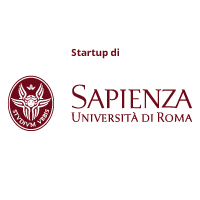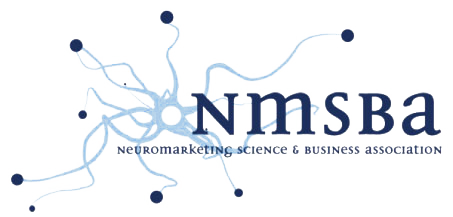Pietro Aricò
R&D Project Manager

Professor Pietro Aricò got a PhD in Bioengineering at the University of Bologna “Alma Mater Studiorum”, and a Master Degree in Biomedical Engineering at the University of Rome “Sapienza”. He is currently project manager and senior team member of the R&D department of the company.

He is now Assistant Professor (RTD-B) at the Department of Computer, Control and Management Engineering, Sapienza University of Rome.
The activity of Professor Pietro Aricò focused on the integration of the technologies used in Brain Computer Interface systems in operational environments, in particular Artificial Intelligence (AI) approaches. By using such technology it is possible to classify particular components of the subject's biosignals in order to associate them with different mental and emotional states of the user or more in general human factor concepts, in particular attentional levels, training or mental workload.
The expertise of Professor Pietro Aricò, is focused on the analysis and processing of biosignals (Electroencephalography, Electrocardiogram, Galvanic Skin Response), with particular knowledge of different signal processing techniques (e.g. Wavelet analysis, Regressive algorithms, Independent Component Analysis, etc).
He is co-author of more than 50 scientific articles in peer-reviewed international journals and more than 50 scientific contributions in peer-reviewed national and international conferences (http://bit.ly/2vYhmac) and 1 patent (http://bit.ly/38WAJPp).
Professor Aricò serves as reviewer for several peer-review journals, he is the Associate Editor for the International Journal of Bioelectromagnetism journal, and Guest Editor within many special issues on international journals, such as Frontiers in Human Neuroscience and Brain Sciences.
He teaches in the MSc programs in Biomedical Engineering and Medicine and Surgery HT (courses: Biosignal Processing - 6 CFU; Biosignal Processing and electromagnetic fields - 3 CFU). He is member of the board of the PhD programme in Control engineering, Bioengineering and Operations research at Sapienza University of Rome.
He was involved in several national and international projects, such as “TOBI - Tools for Brain-Computer Interaction” (Integrated Project) and “SM4All - Smart hoMes for All” (STREP), funded by the European Commission on the 7th framework and the project “NINA - Neurometrics INdicators for ATM”, founded by SESAR JU, “MOTO - the embodied reMOte Tower” and “STRESS - human performance neurometrics toolbox for highly automated systems design”.












